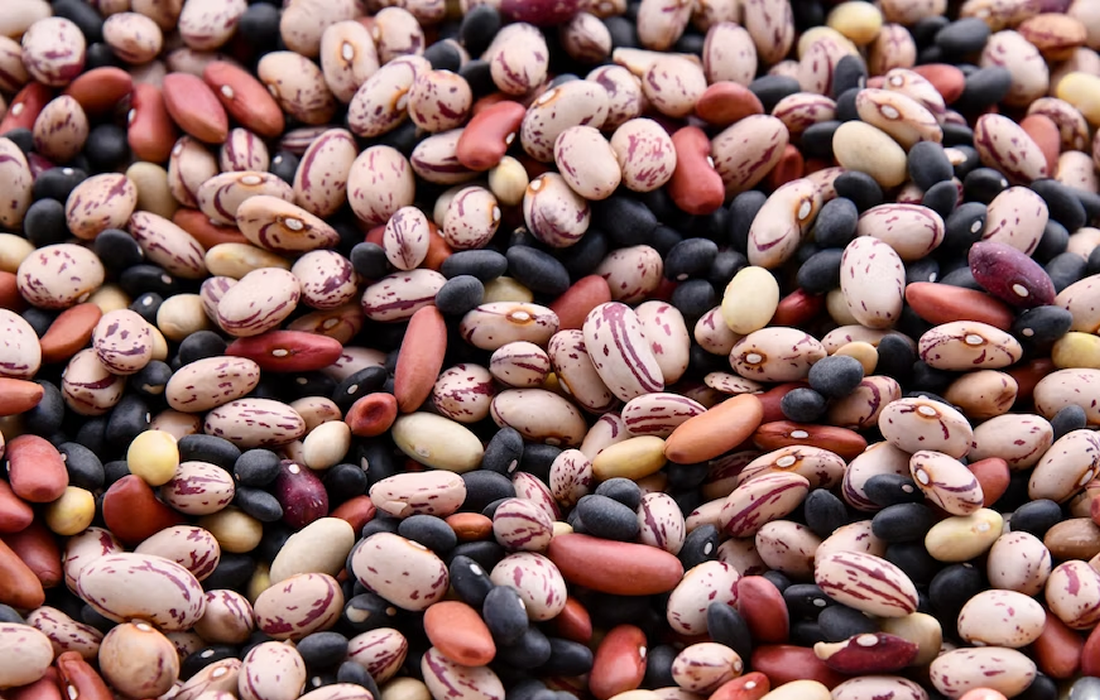Every person’s gut microbiome is unique. Many probiotic supplements sold in grocery stores may not effectively bolster gut health for everyone, she says. The researcher, who specializes in the role of the gut microbiome in obesity and cardiometabolic disease, instead points to the importance of enhancing a diverse microbiome. Research by Stanislawski and others in […]
Category Archives: Nutrition and Supplements
People who adhere to a Mediterranean lifestyle — which includes a diet rich in fruits, vegetables, and whole grains; healthy eating habits like limiting added salts and sugars; and habits promoting adequate rest, physical activity, and socialization — have a lower risk of all-cause and cancer mortality, according to a new study led by La […]
Water fasts — where people consume nothing but water for several days — might help you lose weight, but it’s unclear how long you’ll keep it off, according to research from the University of Illinois Chicago. And the other metabolic benefits of water fasts, such as lower blood pressure and improved cholesterol, seem to disappear […]
In what is believed to be a world first discovery, University of Otago researchers have found wheat gluten causes brain inflammation in mice. “Mice are an excellent model to study human physiology. They have a very similar circulatory, reproductive, digestive, hormonal and nervous system. The study investigated whether a standard diet, referred to as low […]
Approximately 65% of adults in the United States consume sugar sweetened beverages daily. Researchers from Brigham and Women’s Hospital, a founding member of the Mass General Brigham healthcare system, led one of the first studies to look at the association between intake of sugar-sweetened beverages, artificially sweetened beverages, and incidence of liver cancer and chronic […]
In what is believed to be a world first discovery, University of Otago researchers have found wheat gluten causes brain inflammation in mice. The research, led by Associate Professor Alex Tups, and published in the Journal of Neuroendocrinology, may be of importance for human physiology. “Mice are an excellent model to study human physiology. They […]
Common beans are important food sources with high nutritional content. Bean seeds also contain phenolic compounds, which have antioxidant and anti-inflammatory properties that promote health. A study from the University of Illinois Urbana-Champaign and CIATEJ in Guadalajara, Mexico, explored the composition of seed coat extracts from black and pinto bean varieties unique to the Chiapas […]
The key to enjoying better health late in life is flavonoids, which are naturally occurring substances found in many common foods and beverages such as black and green tea, apples, nuts, citrus fruit, berries and more. The Heart Foundation supported a study of 881 elderly women, which found they were far less likely to have […]
The widespread, pathogenic microbe Staphylococcus aureus can colonize the skin and mucous membranes throughout the body, particularly the vagina and gastrointestinal tract. A virulent strain of the bacterium produces proteins that trigger toxic shock syndrome (TSS), a disease characterized by the quick onset of fever, a telltale rash, and, without treatment, multi organ failure. Probiotics […]
New research has established a link between western diets high in fat and sugar and the development of non-alcoholic fatty liver disease, the leading cause of chronic liver disease. The research has identified the western diet-induced microbial and metabolic contributors to liver disease, advancing our understanding of the gut-liver axis, and in turn the development […]










